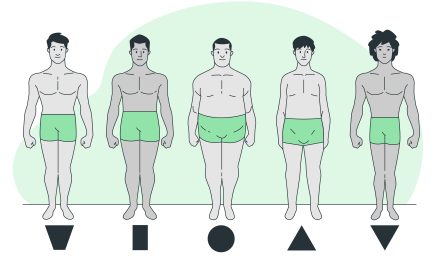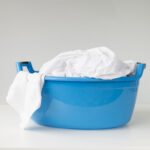No need to be embarrassed, many people unknowingly suffer from bad breath
We know it’s not the most pleasant thing to talk, or think about, but bad breath is common! The key is to recognise the signs and do better on your oral health hygiene sooner than later, before bad breath becomes a health concern.
Quick Read:
- Bad breath is far more common than we realise.
- The foods you eat can affect your breath.
- Some medications can also cause bad breath.
What causes bad breath?
There are two types of bad breath. For some, bad breath happens after eating a strongly flavoured food, such as a meal with lots of garlic. Then, there’s chronic bad breath – also known as halitosis. This type is caused by bacteria in the mouth that create unpleasant smells, leading to constant bad breath. These bacteria accumulate from leftover food particles and get worse if you neglect your oral hygiene.
It’s not just food that can affect the freshness of your breath. Certain medications trigger side-effects, such as bad breath. If you take various medications, ask your doctor about these effects.
Worst food culprits of bad breath
Certain foods are worse than others for leaving behind unpleasant odours. These include:
- Garlic contains sulfur compounds which leave behind that lingering smell in the mouth. It can also be absorbed into the bloodstream, causing your breath to smell even after a few hours.
- Onions add tons of flavour to our food, but they also contain sulfur compounds that can cause bad breath.
- Spicy foods that contain ingredients like curry, cumin and chilli can lead to bad breath.
- We all love our daily dose of caffeine but coffee is often a bad breath culprit as it may cause dry mouth, which reduces the saliva in the mouth. Saliva is necessary to wash away food particles and bacteria. The lack of moisture can lead to bacteria growth, which contributes to bad breath.
- Alcohol is another dehydrating beverage that can cause dry mouth and worsen bad breath. Also, alcohol can produce an unpleasant odour as it is metabolised in the body.

Smells fishy…
Certain types of fish, especially canned varieties like tuna, have strong odours that tend to linger. The fishy smell is caused by compounds that break down into trimethylamine, which can be released through your breath.
Help at hand: tips to banish bad breath
How long do you really brush your teeth? What about flossing? To effectively brush your teeth, you need to spend at least two minutes twice a day at it – not forgetting to brush your tongue. Bacteria can build up on your tongue and the roof of your mouth. Flossing is also important to remove all the tiny bits of food in between your teeth!
Keep up with your water intake as saliva helps wash away bacteria. Sugarless gum can also help to stimulate saliva production, especially after a meal. Make it a practice to drink a glass of water after every meal.
- Many people tend to ignore sores, cuts or small infections in the mouth. The longer these are left untreated, the worse it can become and these sores and infections are big contributors to bad breath.
- Stub out that cigarette! It sounds obvious, but bears repeating. Smoking is a big culprit when it comes to breath hygiene.
- Calcium-rich foods like milk, cheese and yoghurt are necessary for healthy teeth and gums. Eating crunchy fruits and vegetables, such as apples, carrots and celery, can also help clean your teeth naturally by scrubbing away plaque.
In some cases, bad breath can be a sign of more serious health issues, such as oral cancer. If you have any concering symptoms like difficulty swallowing, mouth pain, unexplained weight loss or a lump in your neck, please see a doctor as soon as possible.
Images: Pexels

















